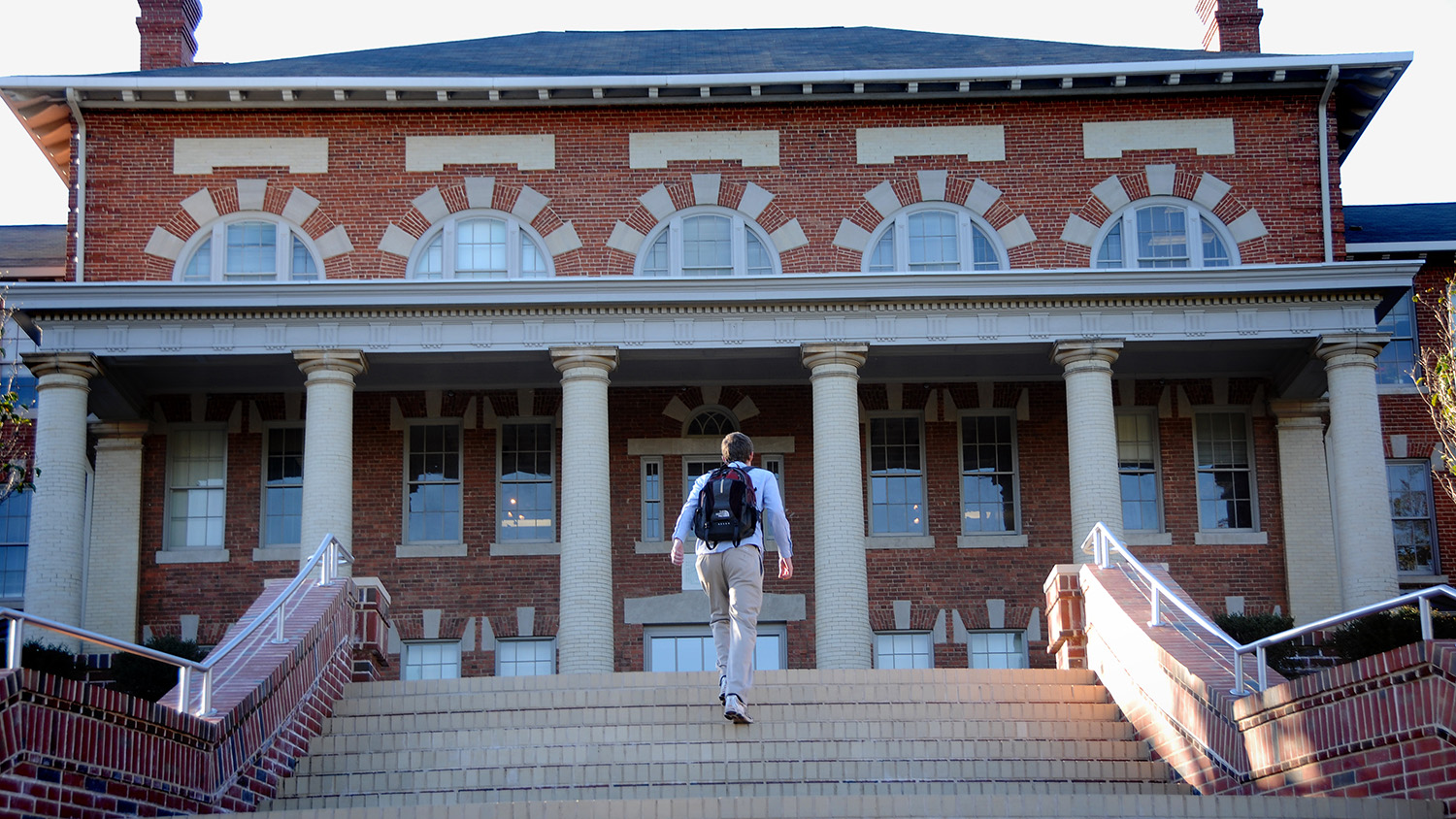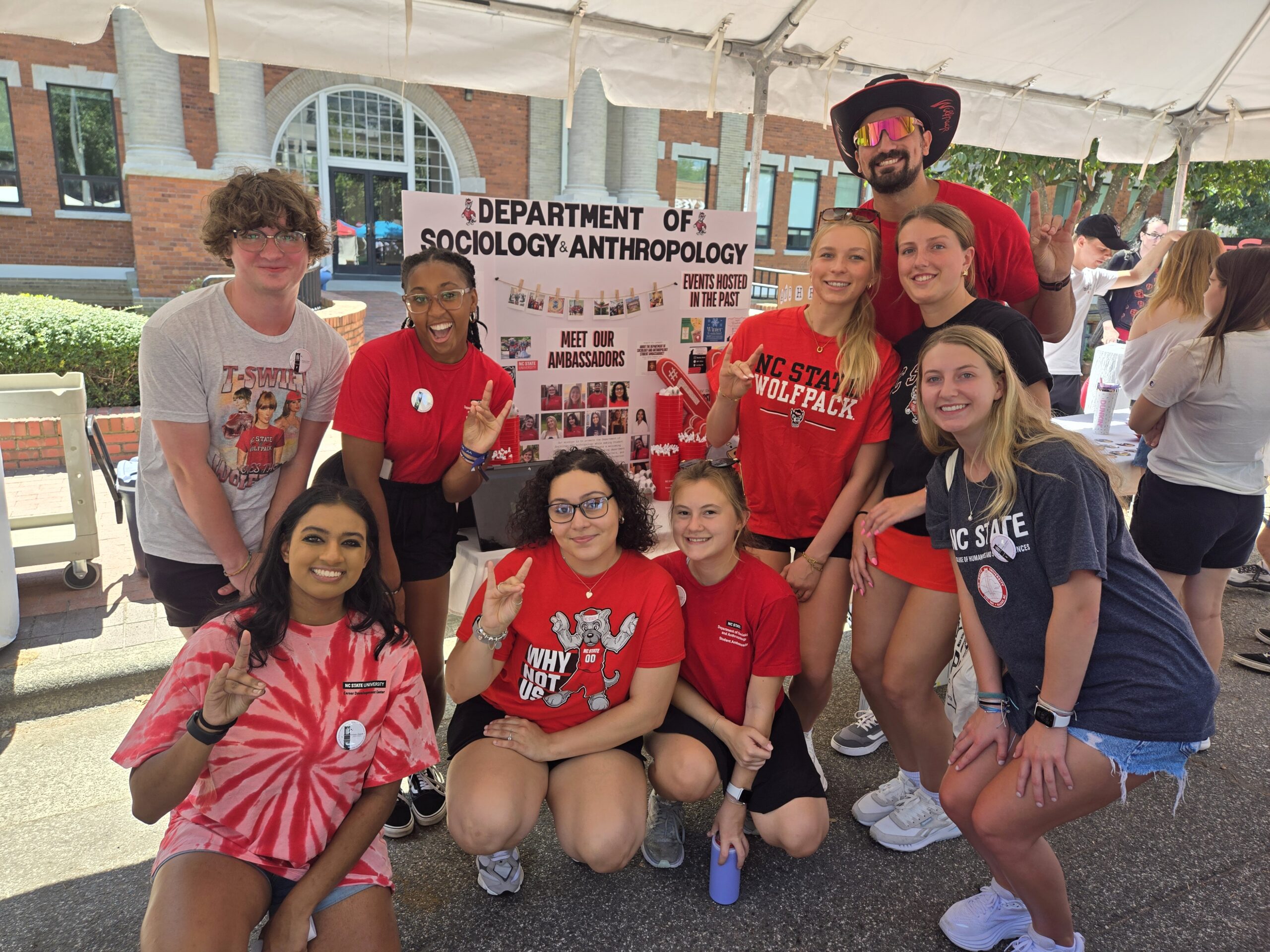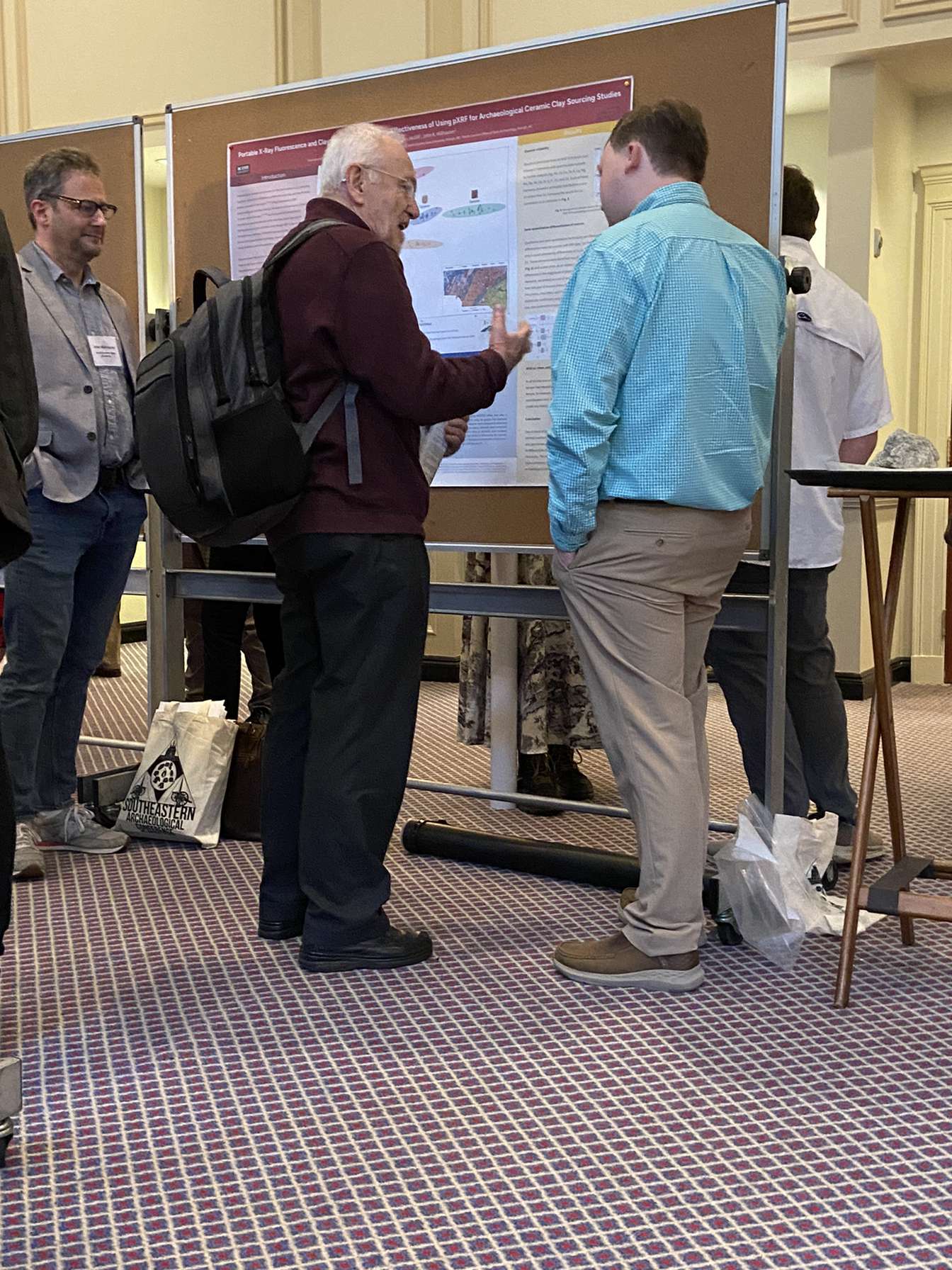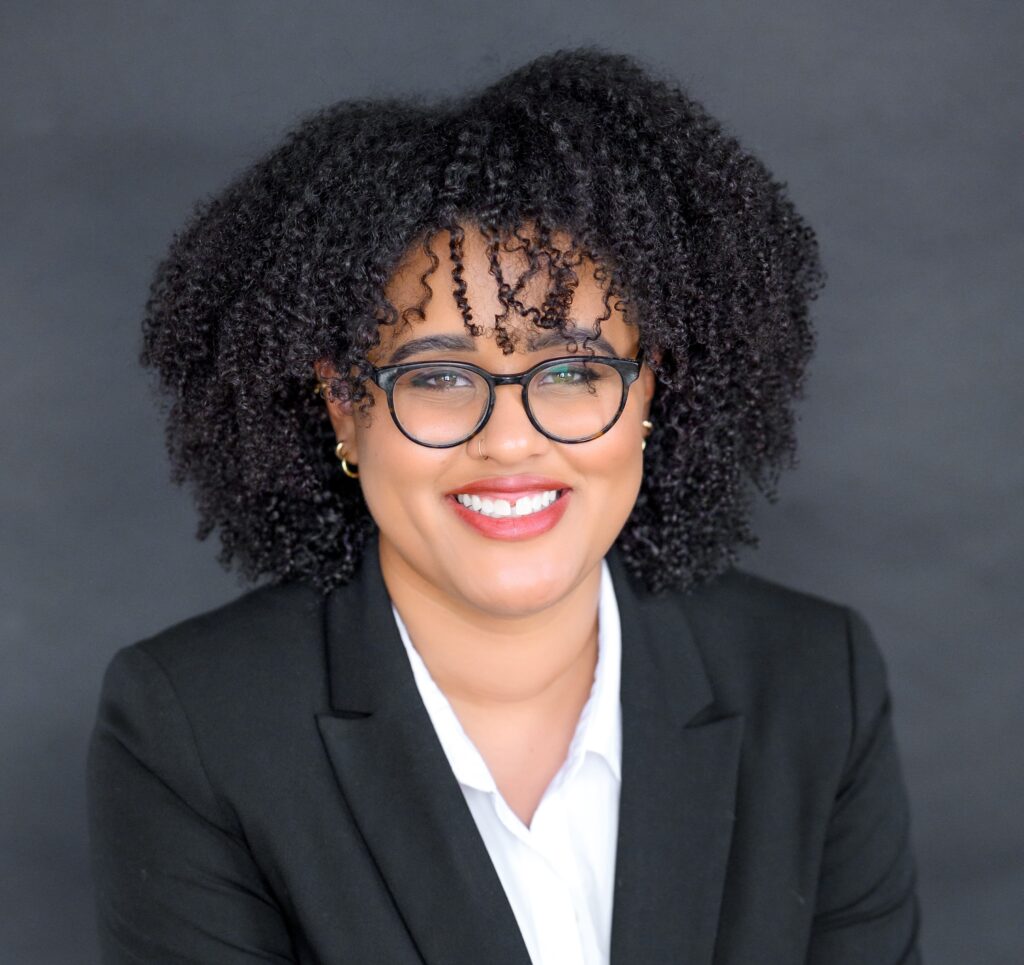New Opportunities for Department of Sociology and Anthropology Student Ambassadors
Meet the First Ever Leadership Team!

The Department of Sociology and Anthropology student ambassador program began in February of 2020. Founded by Stephanie Jares, Director of Advising for the Department of Sociology and Anthropology, the program has continued to grow across the past several semesters– sponsoring events such as the ‘Howlentines Hangout’ and the Alumni Panels– along with connecting students within the department with their ambassador peers to better improve the student experience. The program has experienced a number of changes in the last year, one of which being the development of a leadership team responsible for spearheading the activities and events undertaken by the ambassador team. I had the opportunity to speak with the members of the leadership team to learn more about their roles and responsibilities, as well as their experiences as ambassadors and leaders within the department. The team consists of six talented individuals, each in charge of a different aspect of the Student Ambassador program. The leadership team works individually with their associated committees, taking charge in keeping the Ambassadors working smoothly so that we can best give back to our department. The members are:
- Madison Thomas, criminology, graduating Spring 2024
- Sarah Isenhour, criminology and psychology, graduating Spring 2024
- Lindsay Hazelwood, criminology and psychology, graduating Spring 2024
- Connor Nelson, criminology, graduating Spring 2024
- Olivia Fiser, anthropology and history, graduating Spring 2024
- Maddie Bain, criminology, graduating Fall 2023
I spoke first with Madison Thomas, co-assistant director of the leadership team alongside Sarah Isenhour. Madison first joined NC State as a Spring Connect student. When she joined the ambassador team in the Spring of 2022 she was struck by the sense of community amongst the group. Madison elaborated on her experience as a co-director:
Madison Thomas:” It’s allowed me to have more impactful role than whenever I first started. With both Sarah and I the assistant director’s we’ve had the opportunity to work together to help better the program. With our assistant director roles we are working on creating an organized and cohesive program with myself on the social media side of things and Sarah working on the financial aspects of the program. We have strived to develop the program, allowing it to be bigger and better than it was before. It has been amazing to see the growth of the program over time.”
Sarah Isenhour echoed this sentiment in our conversation:
Sarah Isenhour: “I have been lucky enough to be chosen to be one of the assistant directors, and it has been such an amazing experience. It has taught me a lot about myself. It’s taught me a lot about how things work. Honestly, you know, because I do a lot of the Treasury, I do the finance stuff, and I’d never done a budget before. So it’s taught me a lot.”
Sarah, like Madison, joined the Ambassador team in 2022; and upon joining she immediately knew that she wanted to take a leadership role within the team. As co-assistant director Sarah has organized events such as the alumni panel, where graduates of the Department of Sociology and Anthropology are able to share their post-graduate experiences with current undergraduate students. Events such as the alumni panel are made possible by the collaboration between members of the leadership team and feedback from students– Lindsay Hazelwood elaborated on her role as the Ambassador team’s event planner and coordinator:
Lindsay Hazelwood: “I get to not only reach out to my connections like I was doing before, but now I also get to take their feedback and the feedback of the other ambassadors as well, and then use that to better shape the events that people want to see. This allows me to reach out to the other students, match their interests, and help them feel more connected with our department.”
Fostering connections between the team and the department has been one of the core goals of the leadership team, who all take great pride in their ability to bring students closer to one another:
Lindsay Hazelwood:” It just grants me the opportunity to help connect with students and plan events that I think would be engaging for our department just to kind of help students meet each other.”
Alongside planning and organizing events comes connecting students with one another and keeping them informed of the goings-on within both the department and the college overall. Connor Nelson, the student connections coordinator, spoke to me about his role in bringing students together and encouraging them to participate in the numerous activities occurring throughout the school year:
Connor Nelson: “I’ve gotten emails from students saying that, you know, they wanted to attend an event, and they wanted more information, and I’m happy to provide that. Also, I do like countdowns to events. Most of those are the ones we put on. Most recently we had the alumni event … and also new this semester we’re starting to do the student connections group meetups. … We’ve had spray painting of the Free Expression Tunnel, volleyball field day, and we’re doing another spray painting.”
Connor expressed how rewarding his role felt, and how engagement amongst and with the Ambassadors has grown since the creation of the program and the formation of the leadership team. Having students within the Department approach him to let him know they have seen and appreciate his work is a testament to this strengthened connection; especially within a department of over 600 students.
In all of my conversations with leadership one concept continued to come to light: confidence. The opportunities provided by the program and the increased responsibilities that come with commanding the various facets of the group has helped each member develop and grow their confidence, and every individual firmly believes that their work will continue to guide them throughout their professional careers. Maddie Bain, the student communications and student coordinator as well as the social media coordinator, spoke enthusiastically about how she’s grown within her role:
Maddie Bain: “the Ambassador program, has, like, really allowed me to like, kind of come out of that shell a little bit, especially in, like, a professional setting. … it’s definitely helped me do that as well as other stuff. Like public speaking wasn’t at all my forte before I came here, and now I’m president of my own club, and that’s definitely helped leading to that.”
Sarah Isenhour expressed similar feelings regarding what skills co-directing the team has provided her with:
Sarah Isenhour: “ what was already there for me, with, like my public speaking and my confidence, it has boosted it just so much. And I know that that is going to be a very important skill when I have grad school interviews, or I want to do clinical psychology right? So being able to effectively communicate and be confident in those communications is the most important thing.”
Not only has their positions in leadership promoted individual growth, the Ambassador program as a whole has continued to evolve under the influence and guidance of the team. Olivia Fiser, the newsletter coordinator, feels she has been able to support and uplift her committee in maintaining the goals and expectations of the ambassador team:
Olivia Fiser: “I help if people have problems coming up with ideas, I’m there to support. I’m there to help find sources, connect people with Stephanie, … keep things organized, make sure people are following time dates, and just have an open communication policy with people within the committee and with Stephanie herself.”
This organization and commitment to expectations has benefitted the team and the students the Ambassadors service, and members of leadership take pride in the responsibilities they hold. In spite of their titles, however, Olivia expressed that every Ambassador is equally as important for what they do:
Olivia Fiser: I feel as, you know, a member of the leadership team more responsibility to make sure that our goals are met; and that for my committee, especially, that there is this understanding of who we are to NC State and what we represent. And that is that we represent a very positive influence for our department, and so I feel like my role has been heightened. I feel obviously that I’ve taken on more responsibility. But I don’t feel that I am more hierarchical than anyone else, and I still feel like on that same level. Even if I am on the leadership team.
Innovation, collaboration, and commitment to representing the department and NC State drives leadership to bring out the best in the group. This is a group that thrives on teamwork, accountability, creativity, and passion. Whether it involves securing an official budget for the team, connecting students with faculty and staff, sponsoring events, or celebrating the department through social media it is important to recognize the hard work and dedication of these six individuals has allowed for the student ambassadors to thrive in what we do.
This article was written by Dmitri Fisher, Anthropology major and Department of Sociology and Anthropology Student Ambassador

- Categories:


